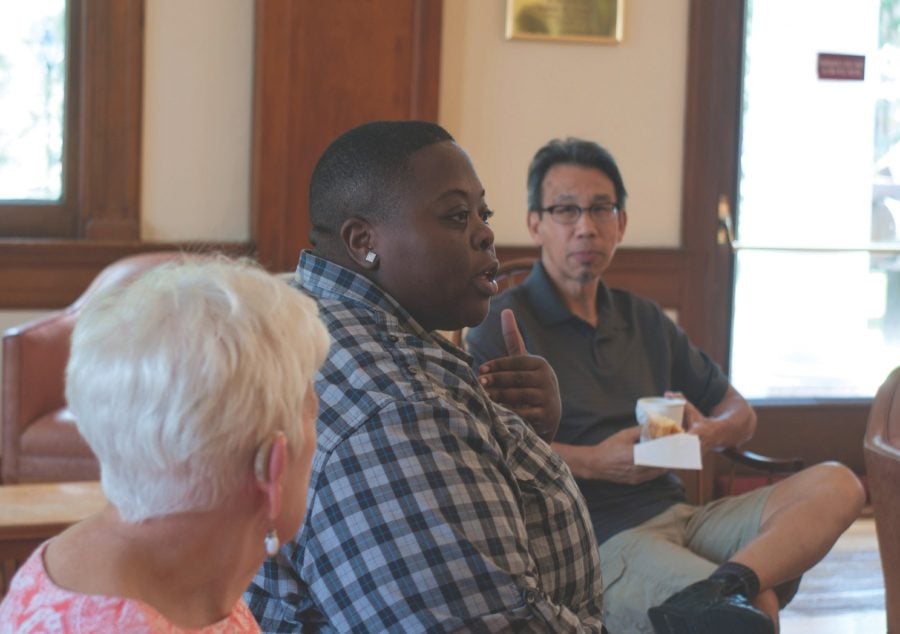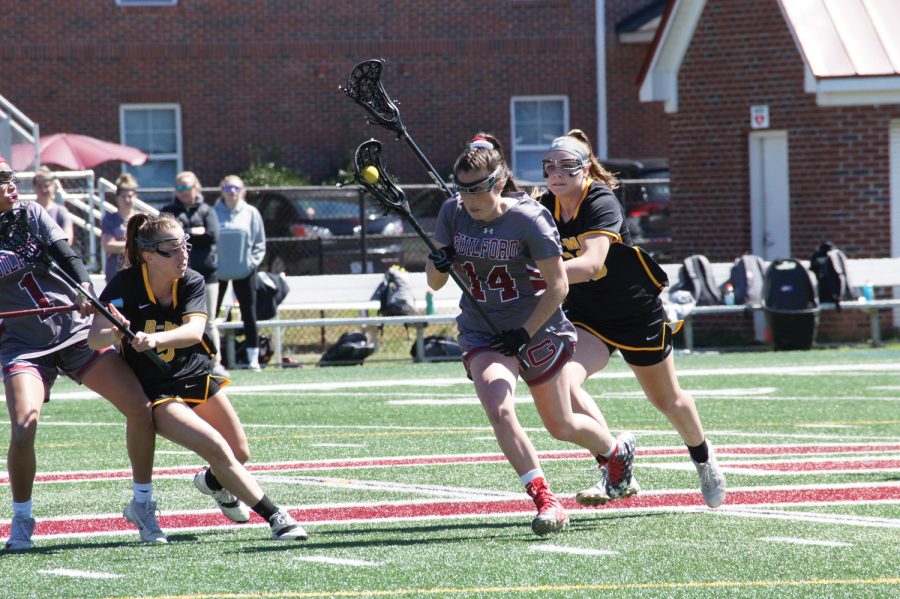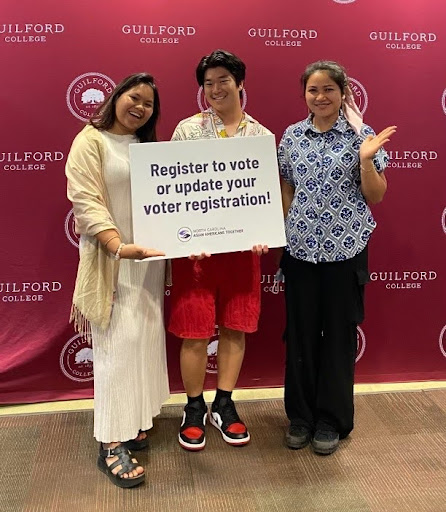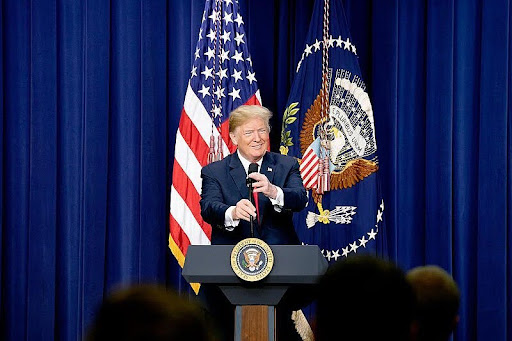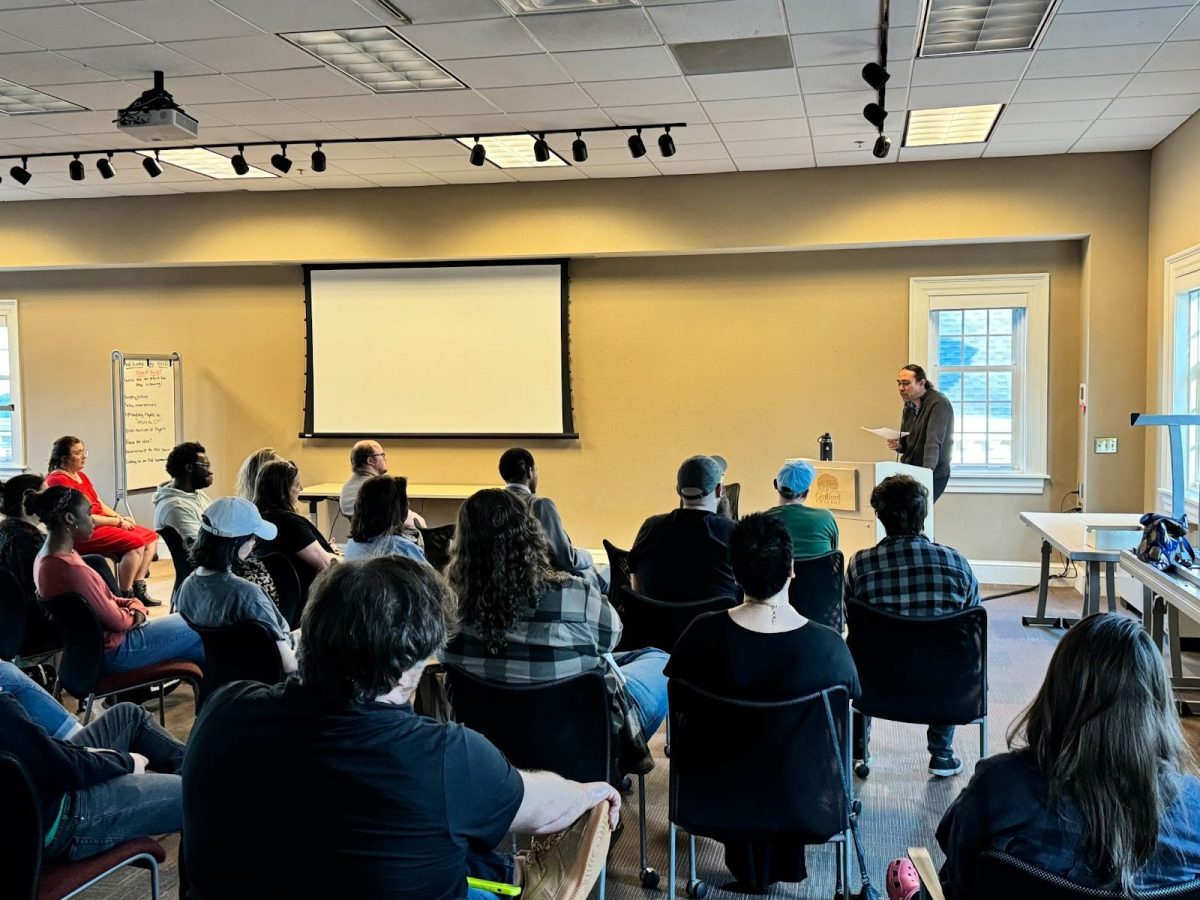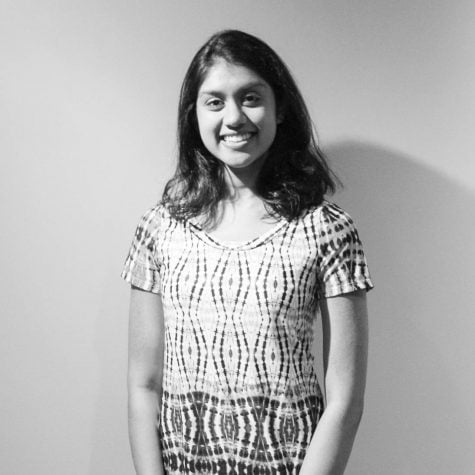On Aug. 1, Guilford College held its first “Dialogue on Diversity and Inclusion.”
As a three-part series, these dialogue serve to offer a safe space for students, faculty and staff to listen and communicate about power, privilege and oppression.
“The conversation … really began when the Black Lives Matter co-founders came on campus last fall and when the work that Integrity for Guilford did raised further awareness of racism at Guilford,” said Wess Daniels, William R. Rogers Director of Friends Center & Quaker Studies.
“There were various conversations that followed these initial events, taking place in larger and smaller settings, with students, staff, faculty and board members.”
This year, individuals hope to continue discussion through open forums meant to educate and allow members of the Guilford College community to voice their concerns and share their experiences.
“The Dialogues on Diversity and Inclusion are an extension and continuation of the ongoing diversity and inclusion work on campus,” said Director of Multicultural Education Stephanie Chang in an email interview with The Guilfordian.
“The Dialogues on Diversity and Inclusion are also a way to recognize some of the racialized current events that happened this summer and are happening in society.”
As attendees entered Carnegie Room last Wednesday afternoon, they were seated around one of four tables with large white sheets of paper and markers in front of them. In small group discussions, students, staff and faculty shared experiences of times they were asked to hold multiple truths.
“I know for some it is a scary space to show up in,” said Daniels.
“These conversations have a high likelihood of getting uncomfortable. Others are frustrated with what they perceive to be as ‘just talk.’”
Small groups wrote down what they needed from others and from The College to engage in productive conversations and action.
“I think it is also important that we are able to bring out (our) whole selves, we listen to one another and we can be complex,” said senior Najha Zigbi-Johnson.
“We can be contradictory at times, but it is part of our growth process in learning about one another.”
Organizers appreciated the willingness of students and faculty to speak openly.
“People showed up and tried, and I think that’s important,” said Daniels.
“We will not grow unless we build relationships and trust, and I don’t think we’ll grow if we cannot hear difficult things.”
Faculty and students recognized benefits of the open forum for conversation.
“Not every college presents this as an open forum for people to come together to share viewpoints because this is a scary topic for a lot of people,” said Associate Dean of Students Steven Mencarini.
“I am really impressed that Guilford is committed to these types of conversations, and hopefully, from these conversations, there can be movement both individually and as a community.”
After 30 minutes of table discussions, the four groups came together for a large group dialogue to brainstorm goals and ideas for this year.
“My expectations were to hear and enter into ‘where are we’ and ‘let’s get back into the difficult conversations’ from last year,” said Chang.
“We were reminded during the session that there are over 400 new students on campus and many new faculty and staff as well, so there is an element of ‘catching up’ for new folks.”
While students and staff want to build upon the progress from last year, organizers of the dialogues understand the varied levels of fluency in the struggle for racial equality and social justice.
“Not everyone is in the same place of understanding around what is going on with the struggle for racial equity and other critical matters of social justice in our society, so we need different entry points,” said Chang.
“We … need staff, faculty and administration to change practices, change language, make structural adjustments, drastically redirect and change policy where these things adversely affect students, staff and faculty who are marginalized by these practices.”
To give everyone a chance to enter into this discussion, two more dialogues will be held on Sept. 28 and Oct. 29 at 1:30 p.m. in the Carnegie Room.
“We cannot stop working towards a better, more just and diverse Guilford College,” said Daniels.
“We will use these dialogues as another opportunity to learn about and discuss the demands in both direct and indirect ways.”

